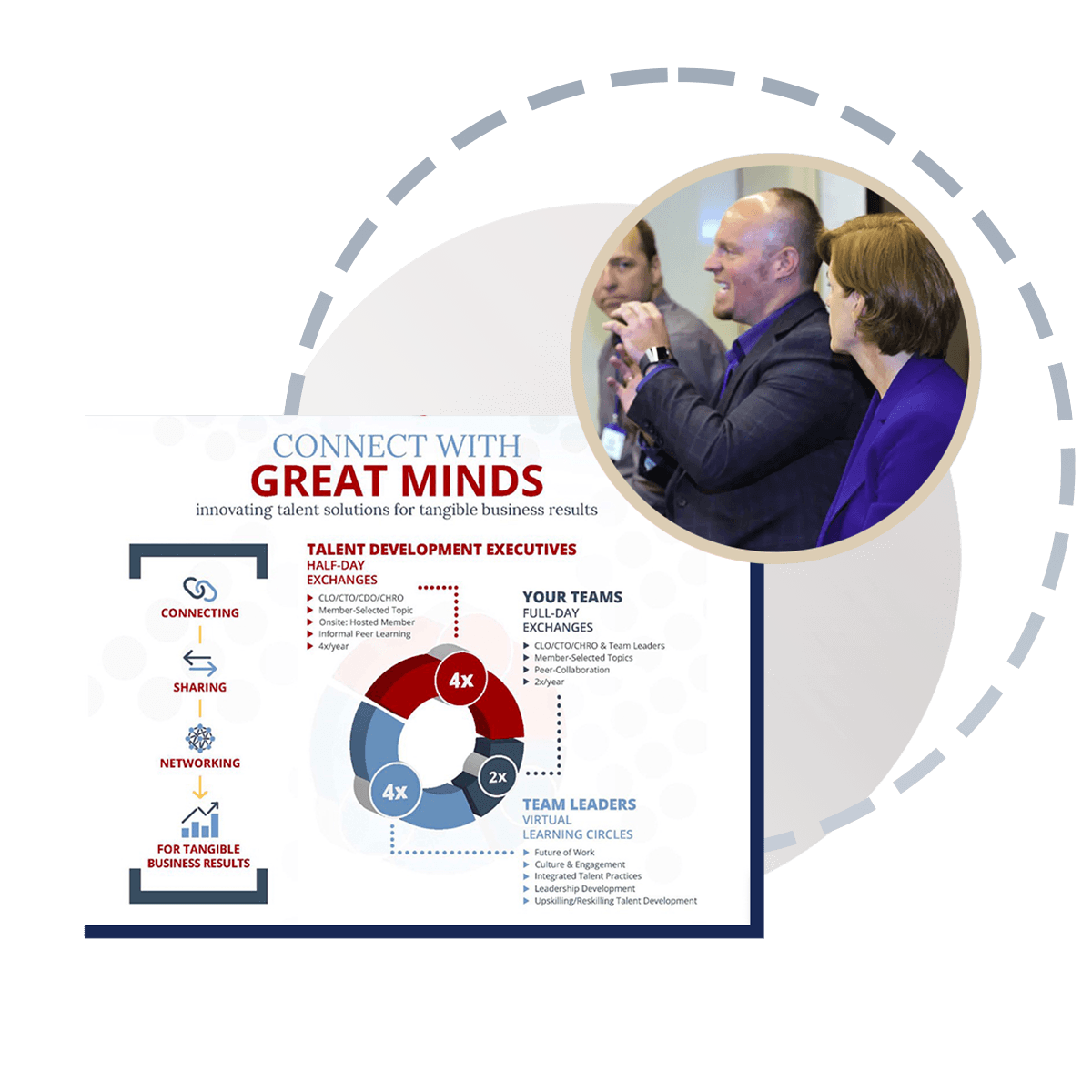The world of work faces an enormous transition. By 2030, according to a recent McKinsey Global Institute report, Jobs lost, jobs gained: Workforce transitions in a time of automation, as many as 375 million workers—or roughly 14 percent of the global workforce—may need to switch occupational categories as digitization, automation, and advances in artificial intelligence disrupt the world of work. The kinds of skills companies require will shift, with profound implications for the career paths individuals will need to pursue.
How big is that challenge? How will jobs change and what kind of future skills will they need? What kind of talent will they require over the next five to ten years ?
A large majority of executives believe retraining and reskilling must be at least half the answer to addressing their skill gaps, while the remaining believe the answer lies in shifting our hiring practices, hiring sources and hiring criteria.
The common driver being - Managing this transition well, is not just a social good; it’s a competitive imperative.
Through a bunch of interactive activities and mini case studies, we will together explore, reflect and share examples related to:
💥 How technology is changing the skills requirement within my company
💥 What are the new models of learning and partnerships with the learning providers
💥 Role of HR and learning professionals in helping employees develop the skills for the rapidly changing economy
💥 Opportunities to help mid-career employees learn new skills for new jobs
